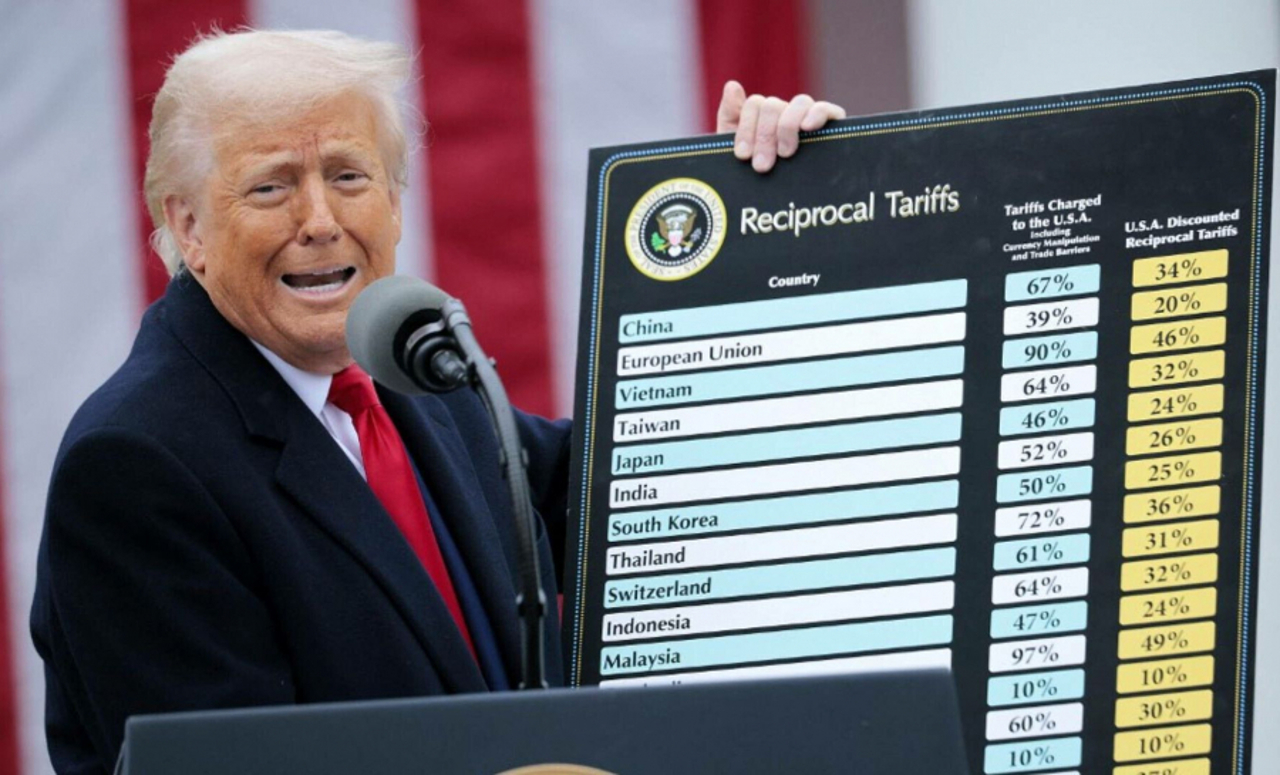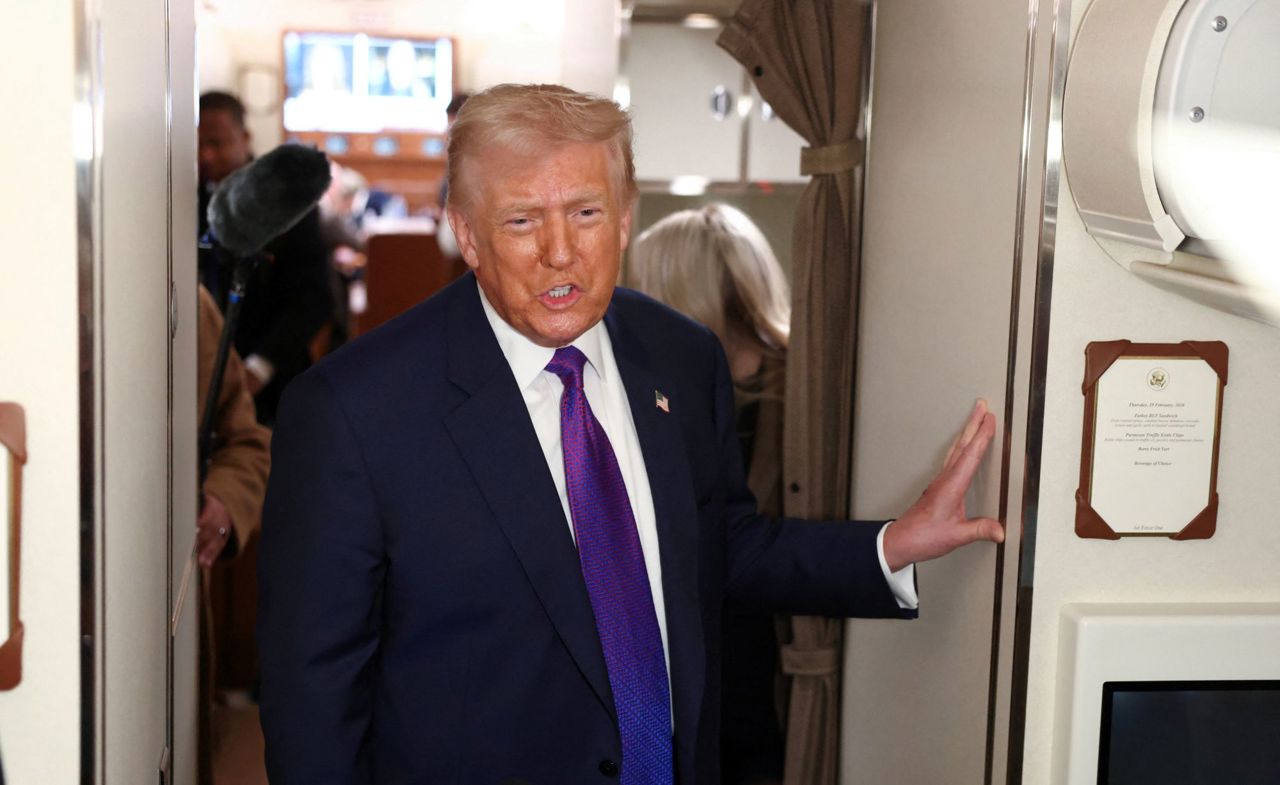Trump's tariffs take effect. Moldovan producers seek government support: "It's a major setback"

The latest round of tariffs imposed by the United States took effect today, April 9, escalating the trade war and causing a decline in market stability. Both the European Union and China are preparing to respond; China is particularly affected, with tariffs on its exports reaching as high as 104%. The Republic of Moldova is also impacted, facing a 31% tariff on its products, which directly affects local exporters. Mircea Manole, the executive director of the Association of Food Processors, informs that local producers are actively seeking alternatives in the EU market. However, to remain competitive, they urgently require support from the Government.
"It's a significant setback for fruit and vegetable processors, canned goods producers, and juice manufacturers. The immediate effect is likely to be a halt in deliveries to the American market, which has a high probability," stated Mircea Manole during an interview with Teleradio-Moldova.
In light of these circumstances, local producers are attempting to shift their exports to the EU market. However, to remain competitive, they urgently require government support. According to Manole, there are two key measures that could mitigate the economic impact of the new tariffs.
"First and foremost, we need to find ways to reduce production costs in the food industry so that our products can compete effectively. In Moldova, production costs are relatively high. While some issues, such as the cost of energy used in production, are beyond our control, there are areas where the government can intervene. One potential solution is to lower taxes on the import of semi-finished products that the food industry relies on but cannot produce domestically. A partial implementation of this measure in 2023 has already yielded positive results, leading to an increase in the volume of exports from our industry," he explained.
The second proposed measure from the Association is to introduce a tariff quota for imported sugar, specifically for industrial use. Manole highlighted that Moldova is currently experiencing a sugar crisis, with local prices being 250–300 euros per ton higher than the European average. This elevated sugar cost directly impacts the prices of all food products that contain it and diminishes Moldova's attractiveness to investors in the agri-food sector, who tend to favor countries with more favorable conditions, such as Ukraine.
"These are just two measures we are asking the government to implement to support the food industry and our producers who export to the U.S. market," he concluded.
The latest round of tariffs, which took effect today, targets countries that Trump claims "steal" from the United States. The European Union is also included in this list, facing a 20% tariff. The 27-member bloc has already announced its plans to prepare countermeasures.
Trump's punitive tariffs have shaken a global trading order that has persisted for decades, raised fears of recession, and caused stocks around the world to plummet. The US dollar fell by 0.7% against a basket of currencies weighted by trade. In contrast, the euro rose by 0.75% to $1.1041, and the pound gained 0.3% against the dollar, reaching $1.2812, according to The Guardian. US stock futures, which were initially positive this morning, have turned negative amid the turmoil, suggesting that Wall Street stocks may decline further at the market open. The S&P 500 is projected to fall by 0.5%, the Nasdaq by 0.2%, and the Dow Jones by 0.7%.
Additionally, the US president has warned that he may not be finished with tariffs. In remarks made to Republican lawmakers on Tuesday night, he mentioned that he would soon announce "major" tariffs on pharmaceutical imports. He stated that this tariff would incentivize pharmaceutical companies to relocate their operations to the US. This announcement unsettled investors on Wednesday, as drugs are exempt from the current round of tariffs—an exemption that has been in place for 30 years under World Trade Organization rules, according to The Guardian.





